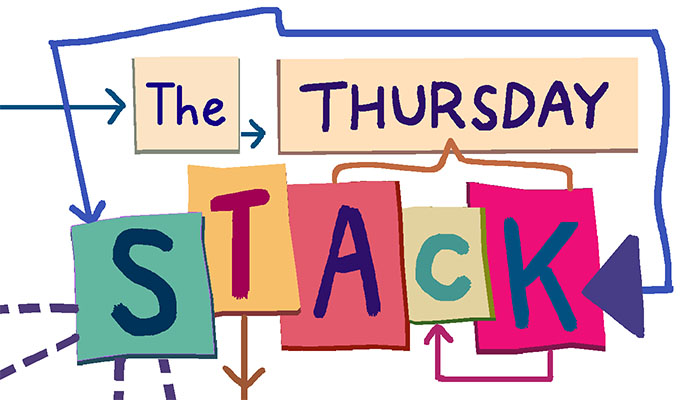One year on: Judd Marcello, Cheetah Digital
A year ago, almost to the day, I caught up on how Cheetah Digital was re-establishing itself as an independent company after more than a decade intertwined with Experian’s Marketing Services division (it was originally founded in 1998 as CheetahMail). With the recent reconfiguration of its offerings as a Customer Engagement Suite, and the launch of the foundational Engagement Data Platform (EDP), I realized I had a lot of questions about the company’s direction, and especially its decision to focus on marketing, and not customer experience broadly defined. Judd Marcello, EVP global marketing, was ready with answers.
“It’s been a productive year for the company, and hopefully for our clients,” he said. “Probably the most important thing we did was define our product strategy for the company.”
Part of that strategy was to create a common data platform for the several solutions in the Engagement Suite. It’s as if the suite comes with a built-in CDP. It has been an ongoing challenge for some of the bigger customer experience suites on the market (Adobe, Oracle, Salesforce, SAP) to create unified customer profiles right across the complex landscape of their offerings — especially where those offerings originated as acquisitions. “We feel good about what we just released. What a lot of our competitors are dealing with right now, and trying to overcome, we’ve solved. It’s available today; a lot of announcements you hear from our competitors are ‘It’s coming.'”
The suite, said Marcello, combines a robust data platform with real-time execution capabilities, in a single, unified solution. “This is all one product. The EDP is part of the suite.” CheetahMail and the Cheetah marketing suite are now unified in the platform as Cheetah Messaging. “All the data previously stored within CheetahMail and the marketing suite is now stored in the EDP.” It also pulls in data from Cheetah Experiences, the top-of-funnel acquisition tool, and Cheetah Loyalty.
But don’t mistake the EDP for a CDP, said Marcello. “The real differentiator is that for a lot of companies, the IT department has built a data warehouse, or the data is stuck inside other channels, and they’ve gone outside to get a third-party CDP, and that’s a problem. It’s a given that we need to have data management capabilities that can ingest any type of data, create a single profile view, and — this is the important part — be connected to a system of action.”
One thing I’ve been seeing over the past couple of years is a developing cleavage in the marketing tech space between vendors offering broad, customer experience solutions, spanning everything from sales, through marketing, to support, and vendors claiming to be super-focused on the marketing team (Selligent and Acoustic spring to mind). Cheetah Digital falls squarely in the latter category.
“I’d say this,” commented Marcello. “Imitation is a form of flattery. I don’t know a lot about what Acoustic is doing, it’s early days; but we’re a year-and-a-half ahead of them. But it does point out that there’s a need in the market. When you look at other players selling multiple offerings to multiple buyers, instead of focusing on one persona — which for us is the marketer — the challenge is that your focus goes elsewhere when you invest in R&D.”
Another differentiator, Marcello observed, is that almost half of Cheetah Digital’s employee base is dedicated to services. “We are an extension of our marketing partners’ teams. In some cases we do all of the strategy, all of the build, all of the execution. Other times we act in a consultative fashion.” But with this focus on marketers, is it still possible for the Engagement Suite to work in alignment with CRM or sales and support solutions? “You can pull data from any other system into the EDP, and see the universe of activity for a specific customer.”
***********
Of course, collecting and executing on customer data is no longer a free-for-all. A reminder of that comes today with the release of Deloitte’s 2019 U.S. Consumer Data Privacy study. Here are the cautionary take-aways:
- Almost half of U.S. consumers are concerned that they have little control over their data
- A remarkable 86 percent feel they should be able to opt out of sharing data
- Around two thirds believe their data is being used for targeted marketing
- Over half believe that retailers share data with third parties or sell it
- But around 70 percent are still willing to give data up in return for value (discounts, offers, etc).
As we’ve seen, many people (including members of Congress) think, quite wrongly, that the business models of companies like Facebook are based around selling data. So these perceptions are hardly surprising. They do, however, indicate a need for caution and education.
**********
Don’t forget, our 2019 40UNDER40 eBook is now available. Meet the forty winners by downloading it here.








